All About Blog Translation and How It Improves SEO Ranking

In a world that is increasingly becoming dependent on the Internet to dictate consumer behavior and purchase decisions, it is no longer enough for businesses to go for blog writing services in just one language.
In contrast, SEO blog writing services are becoming more popular and relevant in this context since they focus on improving website ranking.
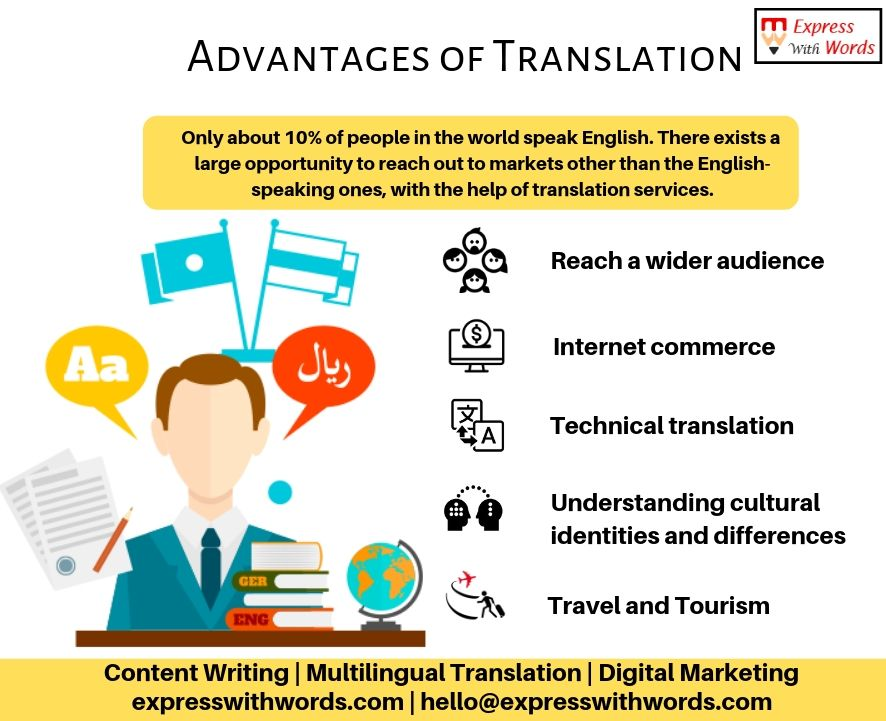
Blog translation is essentially a part of these services where businesses get their content translated into multiple relevant languages based on the target audience. In the long run, this helps improve the web pages’ SEO ranking by increasing traffic and potentially leading to conversions.
Translating all blog posts may not be necessary, but it is always wise to churn out content that does not cater to any particular demography. That way, the content can be without cultural restrictions and reach more people.
What Does SEO-Optimized Content Mean?
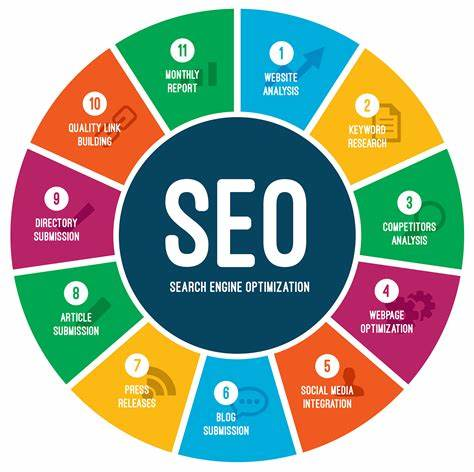
SEO or search engine optimization is the process of ensuring that your blogs or content is written such that it can easily be found through a blog search engine. Optimized content that follows such a process is bound to rank higher than non-optimized content and appear on top of search pages.
How to Create SEO Content?
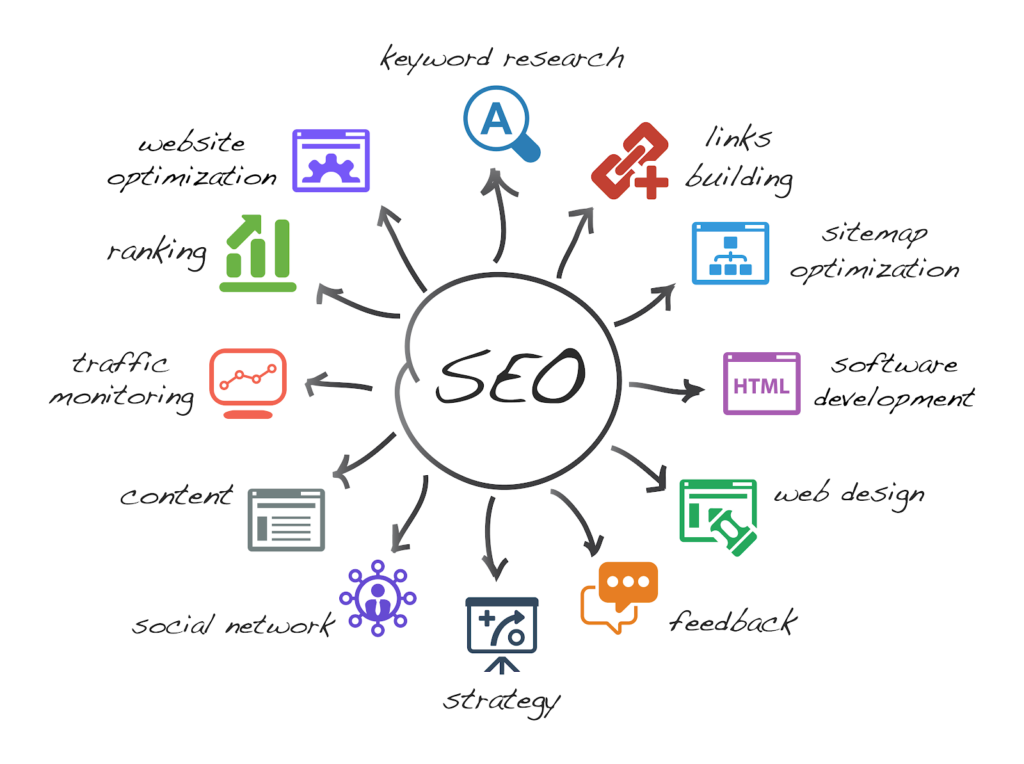
There are a few critical steps to consider during SEO blog writing:
- Choose the right topic.
- Search for relevant keywords.
- Choose keywords that are semantically related.
- Create the content structure.
- Take care of keyword density.
- Add visuals wherever possible and relevant.
- Interlink blogs.
- Content should be well-researched.
Benefits of Blog Translation
The best SEO blogs are so because most of these are translated into multiple languages. Here is a quick look at how blog translation contributes to SEO ranking.
1. Reaches out to a broader audience
Your target audience may not always speak the same language in which your blog is written. Translating your content to reach them will have a higher impact. In this case, you will also have to include newer keywords to fit the translated content.
2. Enhances user experience
User experience depends on three main factors, namely,
- Pages visited per session.
- Average time spent on each page
- Bounce rate or the number of users who click and leave the webpage instantly.
Blog translation ensures visitors spend more time on your website, reducing the bounce rate.

3. Improves conversion rates
You are building trust and credibility by converting your SEO blog writing into different local languages. This, in turn, increases customers’ confidence, who have a higher probability of clicking on calls-to-action (CTAs). Improved website ranking can thus increase conversion rates for your business.

4. Offers greater exposure through backlinks
If your audience finds your SEO blog writing services useful, they will want to share them. This increases your exposure wherein other blog posts or businesses may backlink their content to yours, provided the information is valuable and relevant.
5. Provides a competitive edge
When your blog writing services are available in multiple languages, you automatically gain a competitive advantage over other businesses by reaching out to a wider audience.
Factors to Avoid While Employing Translation SEO Blog Writing Services
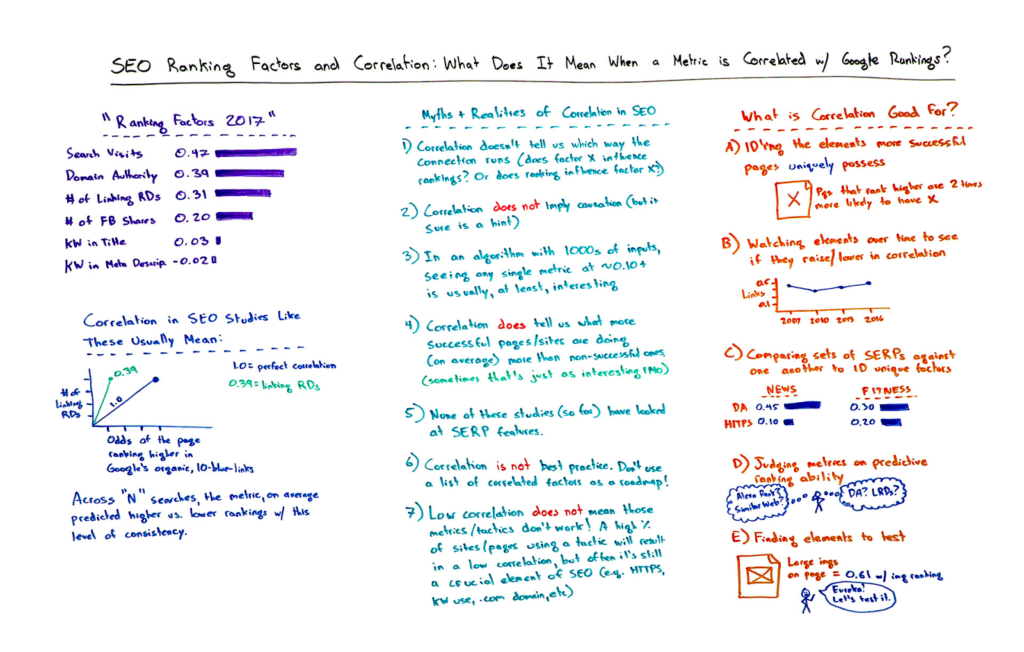
The correlation between blog translation and website ranking is relatively well-established. Apart from the benefits that it offers SEO-optimized content, it is important to understand a few things to avoid while opting for SEO blog writing and translation services.
1. Website ranking by blog search engine crawlers
Loading time, ease of access, and navigation, whether device-friendly or not, are all factors that contribute to how satisfied a viewer will be after visiting your website. It is thus imperative to translate correctly and not do a word-by-word translation, which may render the content irrelevant and full of grammatical errors. This can eventually increase your bounce rate, thus drastically reducing the SEO ranking.
2. Duplicate content
Search engine bots have made detecting content duplication and plagiarism incredibly easy. And both these factors can bring down your SEO ranking drastically. Thus, it is important to ensure that there is no scope for duplication while translating.
3. Overall SEO performance
Not just blog translation, but businesses have to ensure that their overall website performance is SEO optimized. This means that all nuances of website design need to be catered to while focusing on belting out translated blog content.
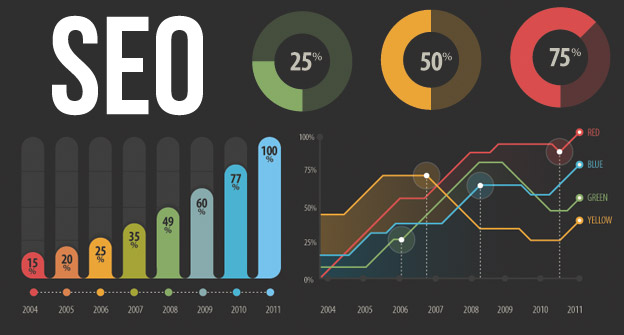
4. Keywords are the key.
Keyword research is the cornerstone of SEO ranking and should not be forgotten while translating to other languages. Blog translations fail to optimize performance because the keywords become irrelevant in the translated version.
5. Not just words
SEO blog writing is not just about blog translation or simply translating words into local languages. Businesses tend to overlook the importance of translating other aspects of their website, like the price of a product. How will a Hindi-speaking viewer understand the price reflected in Dollars?
In the End
It can thus be said that blog translation is hugely beneficial to businesses if done right. But it must be done keeping in mind the challenges of entering a foreign market. Nevertheless, SEO blog writing is an incredibly powerful tool for online marketing.
FAQs
Correlation in SEO studies delves into understanding the linkages between SEO performance and website traffic.
A higher Google rank implies more visits to your website.
The rankings factor or ranking elements study correlates website traffic and ranking.
More traffic leads to higher SEO rankings by improving website performance.
Latest Blogs
Explore how Google’s 2025 AI search updates triggered ranking chaos. Learn actionable strategies to adapt your SEO for AI Overviews, zero-click searches, and SERP volatility. Stay ahead now.
Learn how to rank on AI search engines like ChatGPT, Perplexity, and Gemini by optimizing your content for authority, structure, and relevance. Stay ahead in AI-driven search with this strategic guide.
Explore the best healthcare SEO services for your medical practice. Improve online visibility and effectively reach more patients in need of your services.
Get your hands on the latest news!
Similar Posts

Translation
5 mins read
All You Need to Know About Language Translation and Terminology Management

Translation
5 mins read
6 Reasons to Translate Content into German

Translation
5 mins read